Do you know how many members there are in the Welsh parliament? Or which English King defeated the Vikings?
I do, and because of that I am now allowed to live in Scotland indefinitely – almost 20 years after I first moved here.
In 2004, I embarked on a two-year working holiday adventure, leaving behind my hometown of Melbourne and my family and friends for the excitement of London.
It was something that I had been planning and dreaming about for years. Little did I know that this trip would take a different turn, leading me to a city and a country that captured my heart from the moment I set foot in it: Edinburgh in Scotland.
Edinburgh’s allure wasn’t just about its historic beauty; it was also the warmth of its people, and the sense of belonging I felt that struck a chord with me. As an Australian, this was a place that felt more like home than my actual home in Melbourne.
Years before, I had made a trip with my family to Central Australia, while my sister was studying to become a pilot. It was like going to visit a foreign land in my own country: a place that nobody in their comfortable Australian city life talks about.
I had never felt hugely connected to my home, and I didn’t really understand why. But that trip prompted questions I had never considered before about the original inhabitants of the country we took for granted.
So, after university, I took a chance and went travelling to see what else was out there. In 2006, I had my first child, Finn, in Edinburgh, further deepening my connection to the city. Then, in 2007, I crossed paths with my future husband while working at Edinburgh City Council.
Settling in Scotland
After many happy years, I longed for home again, and a desire to show my husband and my child where I was from eventually led us back to Melbourne in 2011. I wanted my son to experience his heritage and Australian schooling.
In 2015, I gave birth to my second son, Hamish, in Melbourne. Despite the joy of being surrounded by my family, there was a persistent tug pulling us back to Scotland. My husband’s parents were growing older, and the need to be closer to them became undeniable.
In 2018, we made our return to Scotland, settling in Dundee. It was a new adventure for both of us, but the city’s size, compared to the sprawling metropolises of Melbourne and even Edinburgh, appealed to us.
No longer did we need to endure long commutes to work; we could embrace a more manageable lifestyle, surrounded by amazing new places to explore, and with water in sight. Something that maybe my inner-Australian was drawn to.
This journey led me to my final settlement visa stage, culminating in the “Life in the UK” test. The process wasn’t just an administrative hurdle; it stirred deep uncertainty about my identity and belonging.
The questions on the test seemed to belong to a bygone era. Who was given the title of Lord Protector in the 17th century? What is the Magna Carta? Who was Boudica? These facts felt distant and irrelevant to my daily life in Dundee.
But what concerned me more was that these questions acted as arbitrary gatekeepers, doubting the worth of someone who had called this country home for nearly two decades.
Citizenship is about community and belonging, not trivia
As I spent my precious downtime studying the suggested texts, I wondered how many of my Scottish friends would be able to answer these questions. But, of course, most people I know wouldn’t have to answer them; they can stay because of their birthright.
I come from Melbourne – a city built upon culture diversity, despite its uncomfortable past, and my ideal vision of a diverse society.
Maybe I fly under the radar because of my married Scottish name and the fact that I probably don’t look any different to most people who were born in Scotland. But questioning somebody’s contribution to society and their community just because they don’t know who Admiral Nelson is is baffling and upsetting.
This experience was further complicated by recent events in my home country. The Australian Voice referendum’s outcome – where Australians voted against a change to the constitution that would ultimately give Indigenous Australians a voice in decisions affecting their communities – highlights a glaring paradox.
Aboriginals have lived in Australia for more than 65,000 years, the rightful owners of the land, and they have been denied a say in how their people are treated. It seems that sometimes those who know the least about a country’s history or culture enjoy the most rights and privileges, purely because they were born there.
It is imperative that our societies reflect the diversity of the people who call them home. It’s not about knowing trivia – it’s about understanding and appreciating the value that each and every individual brings.
Carly Gilchrist is Head of Brand Marketing at DC Thomson
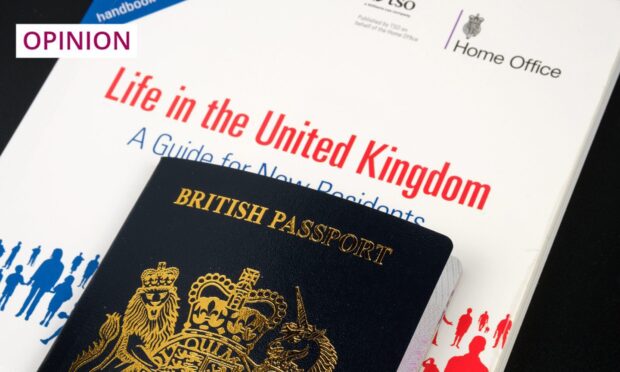
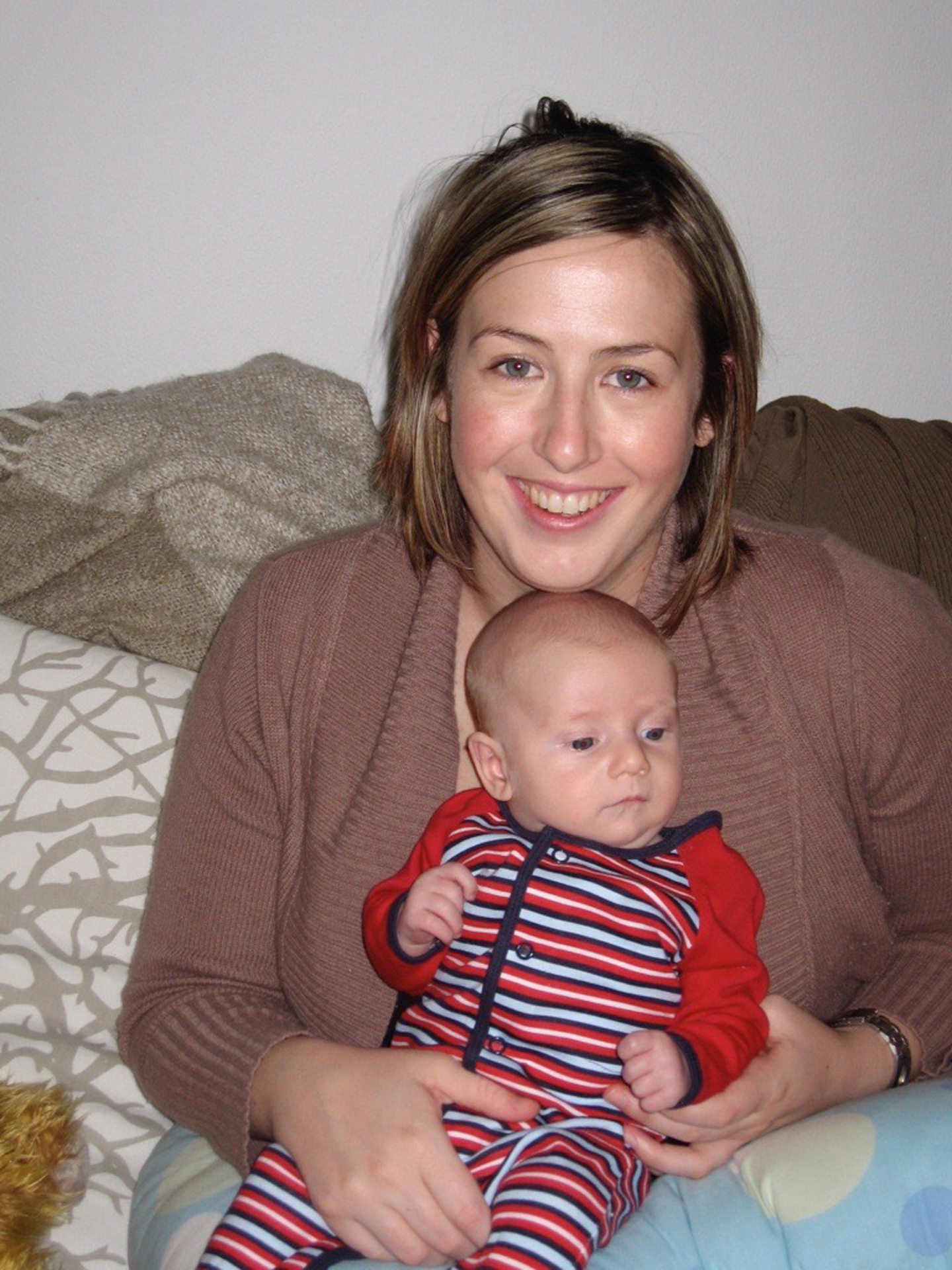
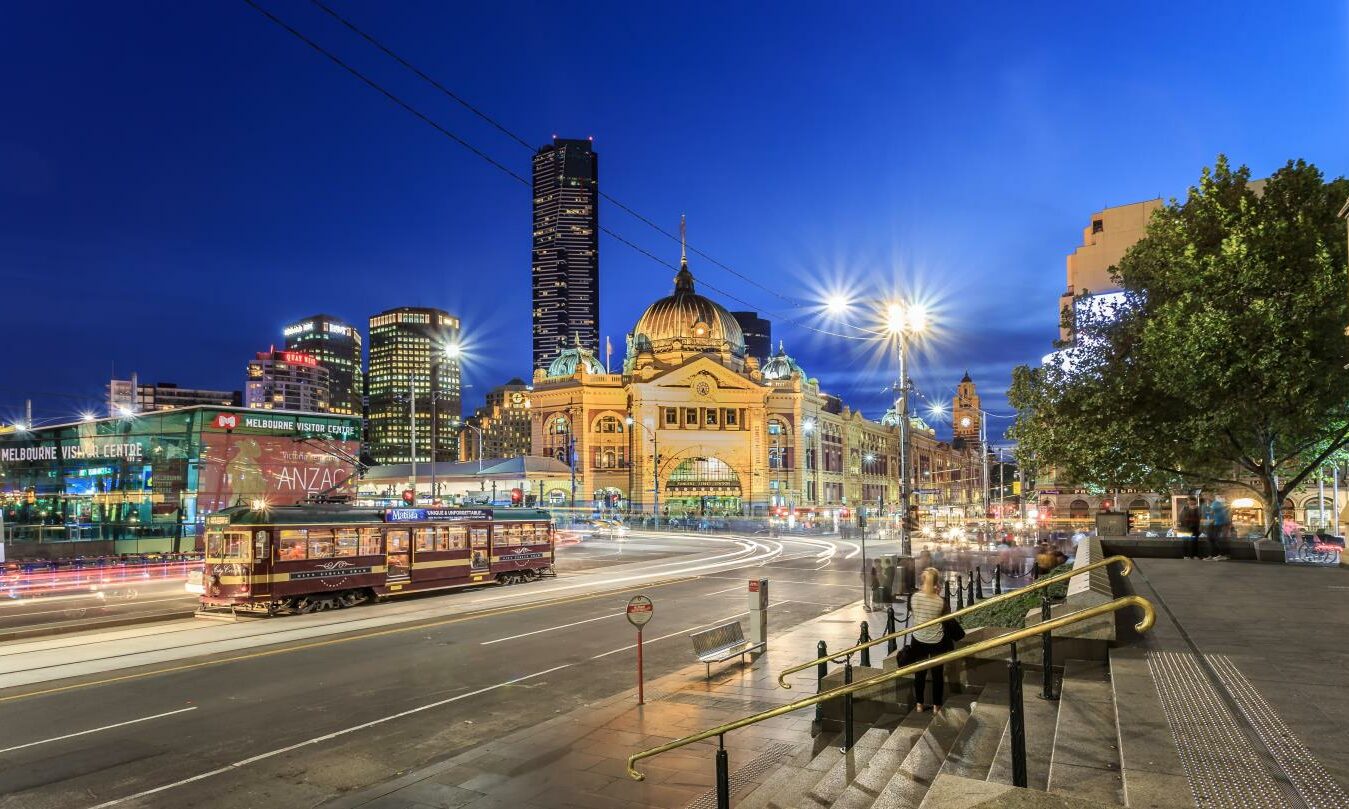
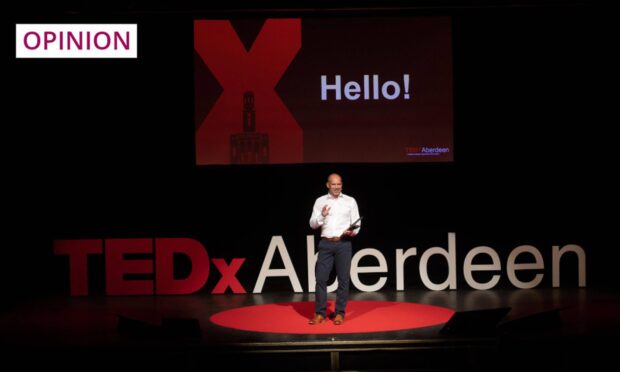
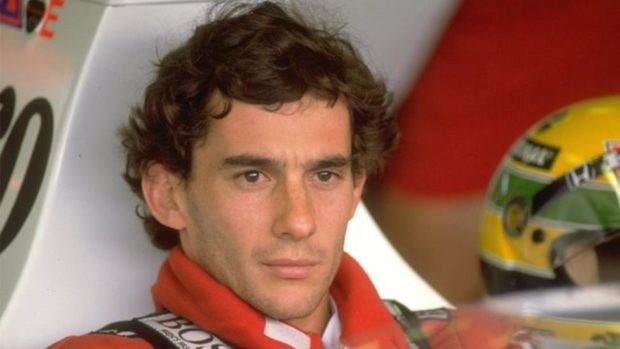
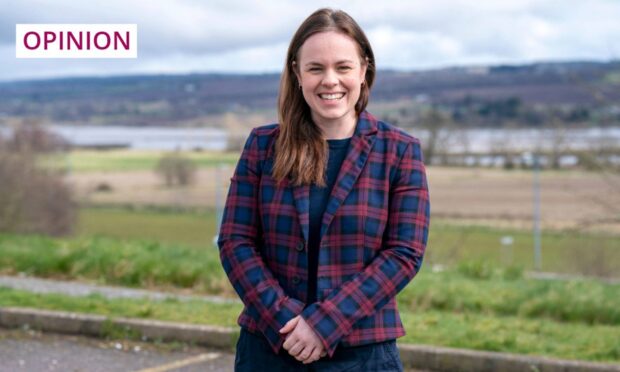
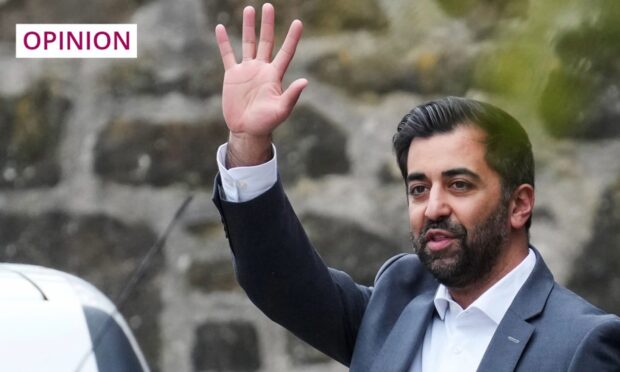
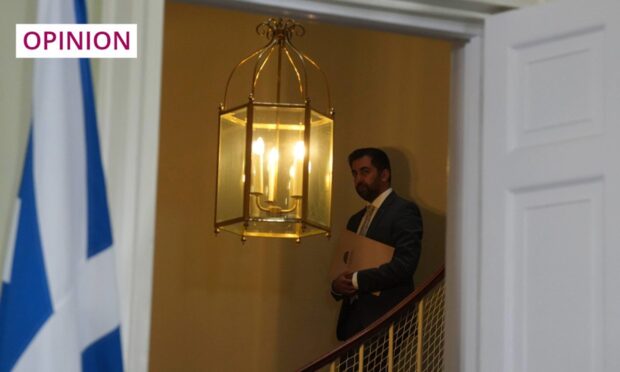





Conversation